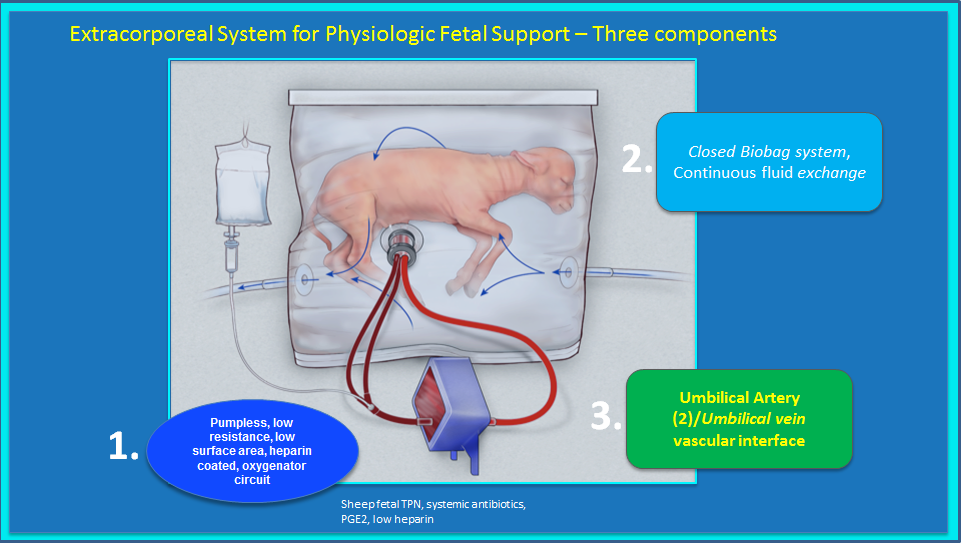A newly-tested artificial womb could change the way doctors care for babies born prematurely, according to new research.
The new study, published Tuesday in the journal Nature Communications, details the testing of a “womb-like device” on fetal lambs, which develop lungs in utero much the same way humans do.
The lambs involved in the study lived inside the device — which uses a container filled with liquid — for about four weeks, breathing amniotic fluid inside of a temperature-controlled environment.
While video footage of the lamb within the artificial womb may look startling at first, the device could one day be a “bridge between the mother’s womb and the outside world,” said Dr. Alan Flake, co-author of the study, in a statement.

“If we can develop an extra-uterine system to support growth and organ maturation for only a few weeks, we can dramatically improve outcomes for extremely premature babies,” Flake, a doctor at the Children’s Hospital of Philadelphia, added.
This study wasn’t designed to replace a mother’s natural womb, but the invention could one day help keep premature infants off ventilators and out of incubators when they are born.
But that day isn’t here yet.
Assuming the team’s animal results can be translated into human healthcare settings, Flake estimates that clinics could be using this type of system sometime in the next 10 years.

Facebook Comments